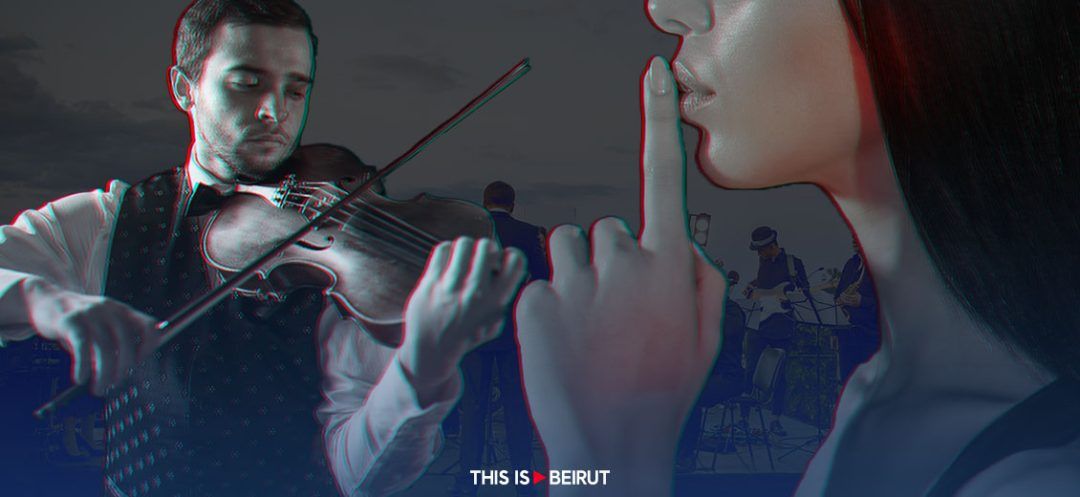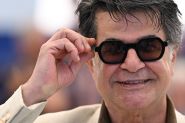
In this critical period where art in Lebanon, and particularly music, is sinking into a worrying decline, a methodical campaign of marginalization and discrimination has been persisting against seasoned artists for some time now. Recently, the sudden cancellation, without a convincing explanation, of concerts organized on a pro bono basis for some, as well as the imposition of repressive measures for others, have added to this bleak picture. This situation further shakes a music scene that already struggles to assert itself under the weight of persistent challenges.
During the Soviet era, which extended from the October Revolution in 1917 until the dissolution of the USSR in 1991, the government had tight control over culture and artistic expression. Soviet authorities used censorship to ensure that art, including classical music, aligned with the ideals and values of the communist regime. Some composers and works were considered politically undesirable because they did not concur with the official ideology. Artists were sometimes forced to create works that conformed to state propaganda, and those who deviated from the imposed directives could be subjected to censorship, marginalization or even repression.
Discretionary Power
In Lebanon, the situation differs significantly, as artistic repression is not motivated by ideological considerations, but rather seems to be orchestrated by individuals who seek to exploit their political and media connections. They thus allow themselves to abuse their discretionary power, apparently subject to personal motives and serving an iconoclastic community. They authorize or prohibit concerts based on their current interests, showing inclinations towards certain musicians while displaying antipathies towards others.
Furthermore, they do not miss the opportunity to organize musical events aimed at pleasing political or religious figures. Are they seeking the support of these influential figures to face growing opposition? One would prefer not to believe it, but everything suggests otherwise. This selective manipulation of the music scene reveals a penchant for instrumentalizing art for political purposes, jeopardizing artistic neutrality and integrity.
As a result, freedom of musical expression in Lebanon is subject to fluctuations in bureaucratic and political interests, rather than to an authentic appreciation of art. The hard-won freedoms of Lebanon over the centuries are now facing sizeable challenges. Internal conflicts and regional influences created gaping wounds, sometimes undermining the very principles for which so many lives have been sacrificed. Artistic freedoms, once flourishing, are currently hindered by constraints, censorship and gratuitous threats towards musicians who trained in the most prestigious conservatories in the world.
Attacks on Freedom
We have seen it all. The only thing missing was to stifle art. Soon, radios might be prevented from broadcasting music for a thousand and one reasons that would be justified by discretionary power. This reflection highlights an alarming trend towards restricting artistic and cultural freedoms. Music, as a universal expression of human creativity, must be celebrated and encouraged, rather than stifled by suspect motives and base personal interests. The risks associated with such repression deeply affect the fabric of cultural diversity, individual expression and artistic enjoyment. It is essential to oppose such attacks on freedom and to promote a healthy environment, allowing musical creativity to flourish without hindrance.
This campaign of discrimination risks tarnishing the reputation of Lebanon even further, not only in the eyes of Western musical institutions but also within Levantine and Arab spheres, which are experiencing growing dynamism while Lebanon unfortunately seems to regress. The fight to protect music is also a fight to safeguard freedom of expression, which is increasingly threatened. The Lebanon of Anis Fuleihan (1900-1970), Father Youssef el-Khoury (1920-2009), Henri Goraïeb (1935-2021) and Bassam Saba (1958-2020) is in danger.
Like those who destroyed the library of Alexandria in the 7th century, their Lebanese accomplices perpetuate the same will: to annihilate any trace of culture in their path.
Once again, we have seen it all!
Read more




Comments